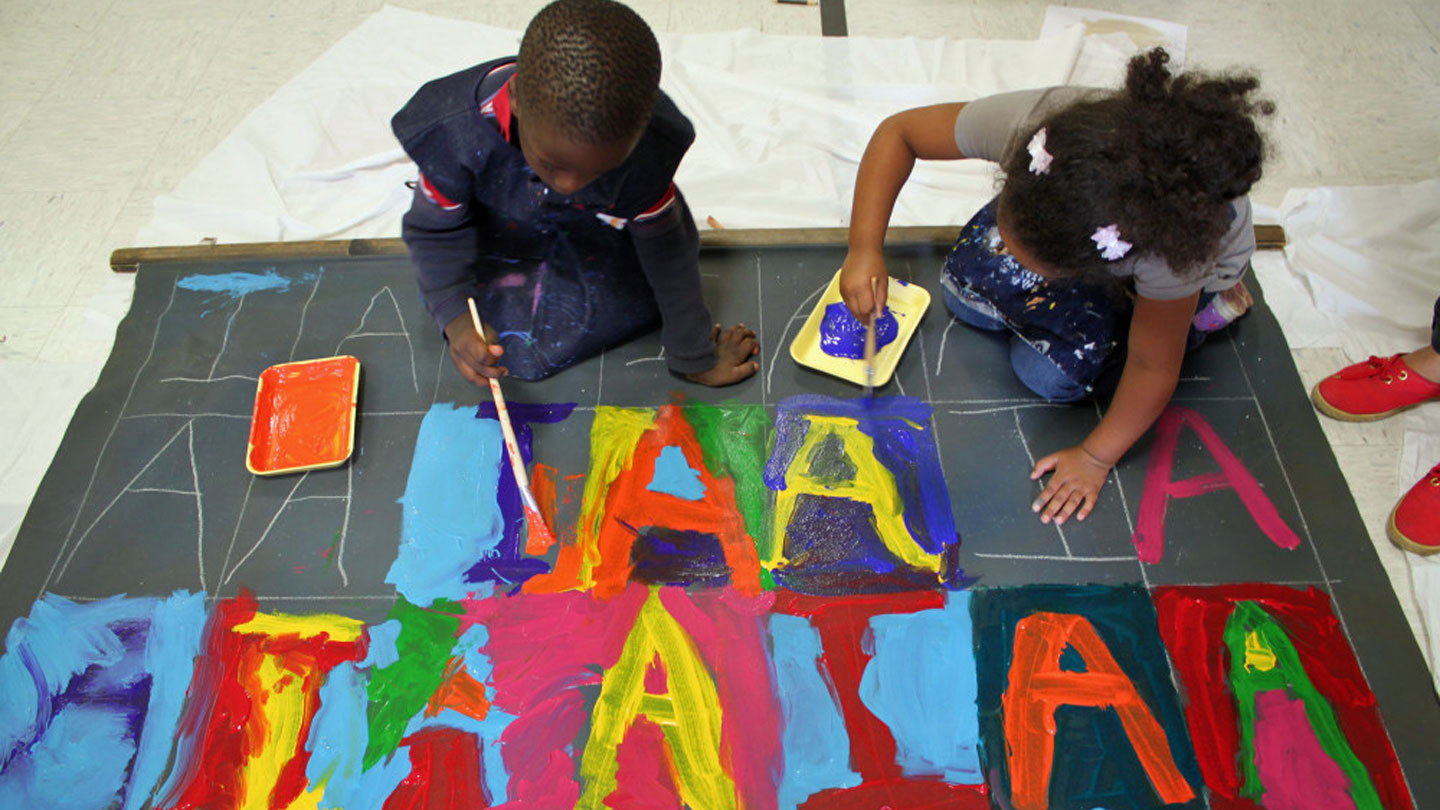Katie Kitamura, an astute voice in contemporary literature, has recently captured the attention of readers and critics alike with her latest novel, “Audition.” Known for her deft exploration of complex themes, Kitamura’s work often intersects the realms of horror literature and literary performance, offering a nuanced portrayal of human relationships. In this engaging piece of fiction, she delves into the uncanny aspects of life, particularly within the confines of a New York family unit, inciting both intrigue and discomfort. As a prominent New York author, Kitamura has established herself as a key figure in the literary scene, intertwining her passion for storytelling with a keen eye for societal nuances. In an upcoming novelist interview, she shares her insights and inspirations, revealing what truly scares her and how these fears manifest in her writing.
In the realm of modern fiction, few voices resonate as profoundly as Katie Kitamura, whose latest work, “Audition,” investigates the unsettling nuances of midlife crises and domestic existence. This novel not only defies conventional genres but also weaves elements of psychological suspense and existential dread into a tapestry of familial dynamics. Kitamura’s position as an influential figure among New York authors speaks volumes about her ability to grip audiences through vivid narratives and relatable characters. As she navigates themes of performance and the complexities of identity, her writing invites readers to reflect on their own experiences of truth and facade. Join us as we further peel back the layers of Kitamura’s creative process and her compelling journey within the world of literature, peering into the shadows that inform her artistic vision.
Katie Kitamura’s Exploration of Horror in ‘Audition’
In her latest novel, “Audition,” Katie Kitamura delves into the realms of horror literature, adding a unique dimension to her storytelling. Unlike typical horror narratives that rely heavily on supernatural elements, Kitamura’s work explores the psychological aspects of fear that resonate with the reader on a deeper level. The protagonist’s experience, filled with uncertainty and hidden truths, evokes a sense of dread reminiscent of classic horror themes. This novel not only showcases her talent as a novelist but also redefines the boundaries of horror, making readers question their perception of reality and the intentions of those around them.
Throughout the novel, Kitamura masterfully crafts unsettling scenarios that reflect the uncanny nature of familial relationships. The tension between familiarity and strangeness is palpable, creating an atmosphere where readers are forced to confront their own fears and insecurities. Much like the haunting elements found in works such as Shirley Jackson’s “The Haunting of Hill House,” Kitamura’s narrative reveals how the ordinary can morph into the extraordinary, and how the domestic space can serve as a backdrop for existential dread.
The Duality of Performance in Literature and Life
Katie Kitamura’s works often revolve around the theme of performance, not only within the context of the theater but also in the broader realm of daily life. In “Audition,” her central character grapples with the notion of authenticity, questioning the roles people play in their relationships. Kitamura argues that understanding ourselves and others through a lens of performance is not only natural but essential. This concept resonates deeply, especially amidst a society that frequently masks its truth in public personas. Consequently, readers are invited to explore the gaps between performance and reality, a journey that reveals the fragility of human connections.
The intricate layering of characters in Kitamura’s novels highlights the complexities of identity, trust, and communication. Her ability to depict characters who are both familiar and distant simultaneously draws readers into a reflective space, prompting them to analyze their interpersonal dynamics. The recurring theme of a performative existence serves as a reminder that while we engage in social roles daily, the invisibility of our true selves can lead to profound loneliness and misunderstanding.
Intersections of Literature and Visual Arts
Katie Kitamura’s fascination with language and performance intertwines seamlessly with her appreciation for visual arts. Her writing often mirrors the aesthetic elements found in art, prompting readers to visualize scenes through a painterly lens. This artistic approach enhances her storytelling, making each page a vivid tableau that captures the nuances of human experience. The integration of visual artistry not only enriches her narratives but also emphasizes the performative aspects of her characters’ lives.
Furthermore, as a writer and educator at New York University, Kitamura inspires her students to traverse the boundaries of literary and visual arts. Her teaching method champions the importance of creativity in generating original ideas, whether through prose or visual representation. By encouraging her students to draw from various artistic disciplines, Kitamura fosters an environment where storytelling transcends traditional formats, allowing for innovative explorations in fiction.
The Role of Fiction in Societal Reflection
In a world grappling with chaos and uncertainty, Katie Kitamura emphasizes the relevance of fiction as a means of societal reflection. During tumultuous times, her work stands as a testament to the power of narrative to uncover the truths of human existence. Kitamura believes that fiction is crucial for envisioning alternate realities, a skill that has become increasingly vital in contemporary discourse. By crafting stories that resonate with current societal dilemmas, she reminds us that literature holds the potential to inspire change.
The discussions she engages in with her students often revolve around the significance of language and storytelling in shaping perceptions. Kitamura advocates for the importance of fiction as a tool for forging connections and understanding the complexities of the human condition. In her view, the act of reading fiction fosters empathy and connection among individuals, serving as a balm in a fragmented world. This belief underscores her commitment to the literary arts and their ability to challenge the status quo.
The Psychological Landscape of Middle Age
In ‘Audition,’ the psychological landscape of middle age is skillfully explored through the experiences of the protagonist. Kitamura presents a nuanced view of midlife crises as a pivotal theme, illustrating how uncertainties can shape an individual’s identity and relationships. The protagonist’s journey through a tight-knit New York City apartment becomes a metaphor for the internal struggles many face during this stage of life, adding layers of complexity to her narrative. This reflection on middle age challenges preconceived notions and invites readers to engage with their own experiences of aging and identity.
As the central character navigates her life, Kitamura captures the intersection of success and fear—a duality that resonates within contemporary discourse. The secrets and hidden truths that emerge throughout the story reveal the intricacies of familial bonds, raising questions about authenticity and connection. Kitamura’s ability to frame middle age through a horror lens evokes a profound sense of empathy, encouraging readers to confront their perceptions of self and the roles they play in their lives.
Horror and the Domestic Space in Literature
The concept of horror transcending traditional boundaries is a key aspect of Katie Kitamura’s novels, especially in ‘Audition.’ By situating her narrative within the domestic space, Kitamura redefines the parameters of horror literature. The uncanny elements woven into the fabric of everyday life force readers to confront the horror lurking beneath the surface of seemingly mundane existence. The protagonist’s increasingly frayed reality hints at a broader commentary on the psychological impacts of isolation and familial dynamics.
Through her keen observations, Kitamura reveals that horror does not always come from the monstrous, but rather from the ways in which our understanding of safety and home can be upended. The domestic space becomes a site for psychological terror—where comfort is often disrupted by the specter of the unknown. By exploring this tension, Kitamura cultivates a chilling atmosphere that lingers in the minds of her readers, prompting them to reevaluate their own perceptions of safety in familiar environments.
The Influence of the Pandemic on ‘Audition’
Although ‘Audition’ does not explicitly reference the pandemic, Katie Kitamura acknowledges how the global crisis influenced her writing. The cramped settings and familial dynamics that emerge in her narrative reflect the collective experiences of many during the pandemic. Kitamura’s ability to weave insights from her surrounding environment into her fiction adds depth to her storytelling, allowing readers to find relevance in her characters’ struggles. The nuances of isolation and confinement echo sentiments shared by millions, emphasizing literature’s power to resonate with lived experiences.
Kitamura’s insights reveal how the sociopolitical climate invariably shapes her narratives. This absorption of the world around the writer enriches the text, encouraging readers to explore themes of disconnection and longing. By uncovering the layers of her characters’ lives during the pandemic, Kitamura effectively taps into collective anxieties that feed into the uncanny elements of her story, making it all the more relatable and impactful.
Teaching Writing in Times of Crisis
As a dedicated educator at New York University, Katie Kitamura plays a crucial role in shaping the next generation of writers. Her approach to teaching emphasizes the importance of literature and creative writing during times of societal upheaval. Kitamura believes that facilitating discussions around language, performance, and storytelling can empower her students to find their voices and address contemporary issues through fiction. This belief is particularly relevant in our current climate, where the relevance of artistic expression is ever more vital.
The conversations that take place within her workshop foster an environment where students feel encouraged to explore their narratives deeply. Kitamura’s emphasis on the power of literary expression serves as a reminder of the potential literature has to connect individuals in meaningful ways. In times of division, her commitment to nurturing writers ensures that the literary arts remain a vital force for social engagement and understanding, encouraging students to embrace their creativity and articulate their unique perspectives.
The Impact of the Literary Community in New York
Katie Kitamura is a prominent figure in the vibrant literary community of New York City, which has been instrumental in shaping her career. The interaction among authors and artists within this dynamic environment fosters a sense of collaboration and inspiration that permeates her work. The city’s rich cultural tapestry provides a backdrop for her narratives that is both dangerous and alluring, echoing the complexities of modern life. Kitamura’s integration into this literary scene has enhanced her craft, allowing her to draw upon diverse influences and experiences.
As a member of this community, Kitamura not only benefits from the richness of dialogue and artistic exchange but also contributes to it through her work and teaching. The literary performances in New York create an electrifying atmosphere for writers, making it a cauldron of creativity. Kitamura’s engagement with fellow authors and her dynamic teaching methods amplify the urgency of stories that reflect contemporary realities. In this way, New York’s literary community becomes a critical component of her identity as an author and an educator.
Frequently Asked Questions
Who is Katie Kitamura and what is her new novel ‘Audition’ about?
Katie Kitamura is a contemporary novelist known for her thought-provoking writings that delve into human experiences and relationships. Her latest novel, ‘Audition,’ explores the unsettling dynamics of a family in a cramped New York City apartment, incorporating elements of horror literature, such as the uncanny and the unsettling truth about identity and performance.
What themes does Katie Kitamura explore in ‘Audition’?
In ‘Audition,’ Katie Kitamura explores themes of identity, performance, and the complexities of relationships. The protagonist, an actor, grapples with the blurred lines between her roles on stage and in life, echoing the notion of how we perform ourselves within familial and social interactions.
How does Katie Kitamura incorporate horror literature into her writing?
Katie Kitamura intentionally engages with horror literature in ‘Audition’ by revealing the uncanny aspects of everyday life. Drawing inspiration from classics like ‘Rosemary’s Baby,’ she evokes feelings of dread and uncertainty, showcasing how the familiar can quickly turn strange, particularly in a domestic setting.
What is Katie Kitamura’s perspective on the role of performance in relationships?
In her works, including ‘Audition,’ Katie Kitamura suggests that performance plays a crucial role in shaping relationships. She believes that while we adapt to different roles, the gaps between these performances can lead to a deeper understanding of ourselves and our connections, raising questions about privacy and transparency in intimacy.
What impact did the pandemic have on Katie Kitamura’s writing of ‘Audition’?
Although ‘Audition’ does not explicitly reference the pandemic, Katie Kitamura acknowledges that the book was written during that time and reflects aspects of it, such as the claustrophobia of family dynamics in a limited space. This underlying tension parallels the themes of isolation and uncertainty experienced during the pandemic.
What literary influences shape Katie Kitamura’s works?
Katie Kitamura’s literary influences include notable authors such as Shirley Jackson and Ira Levin. Their works, particularly in horror and psychological depth, resonate with her writings, enriching her exploration of complex themes linked to identity, family, and hidden truths.
How does Katie Kitamura’s background influence her writing?
As a Brooklyn-based writer and a professor at New York University, Katie Kitamura’s academic and cultural environment informs her narrative style. Her experiences as a novelist and educator help shape her insights into language, performance, and the power of fiction in reflecting and challenging reality.
In what ways does Katie Kitamura support the English major?
Katie Kitamura is a strong advocate for the English major, believing that studying literature and writing opens doors for understanding complex human emotions and connections. She emphasizes the importance of fiction in fostering communication and challenging societal narratives.
| Key Point | Details |
|---|---|
| Upcoming Event with Katie Kitamura | Katie Kitamura will speak at the Mahindra Humanities Center at Harvard, discussing her latest novel ‘Audition’ with Claire Messud. |
| New Novel – ‘Audition’ | This novel explores themes of horror, performance, and privacy, taking place in a mid-life context with a character navigating family dynamics and uncertainty. |
| Influence of Genre | Kitamura considers her works within various genres, and ‘Audition’ engages with horror, reminiscent of ‘Rosemary’s Baby’. |
| Pandemic Reflection | Although not explicitly a pandemic novel, it reflects themes of confinement and tension shaped during the writing process which coincided with the pandemic. |
| Performance as a Theme | The novel examines the concept of performance in relationships, questioning how truly well we know those closest to us. |
| Importance of Fiction | Kitamura emphasizes the vital role of fiction in navigating and reshaping societal realities, especially in troubled times. |
| Support for English Studies | She advocates for the English major as a crucial pathway for understanding and connecting through literature. |
Summary
Katie Kitamura’s recent discussions highlight her evolving interests in horror and performance in literature. As she prepares for her speaking engagement at Harvard, she emphasizes the role of fiction not only in entertainment but in understanding and shaping our realities. With her latest novel, “Audition,” she delves into the complexities of midlife and familial relationships, a reflection of both personal and societal challenges, including the lingering impact of the pandemic. Kitamura’s work continues to resonate, urging readers to confront uncomfortable truths within themselves and their relationships.



